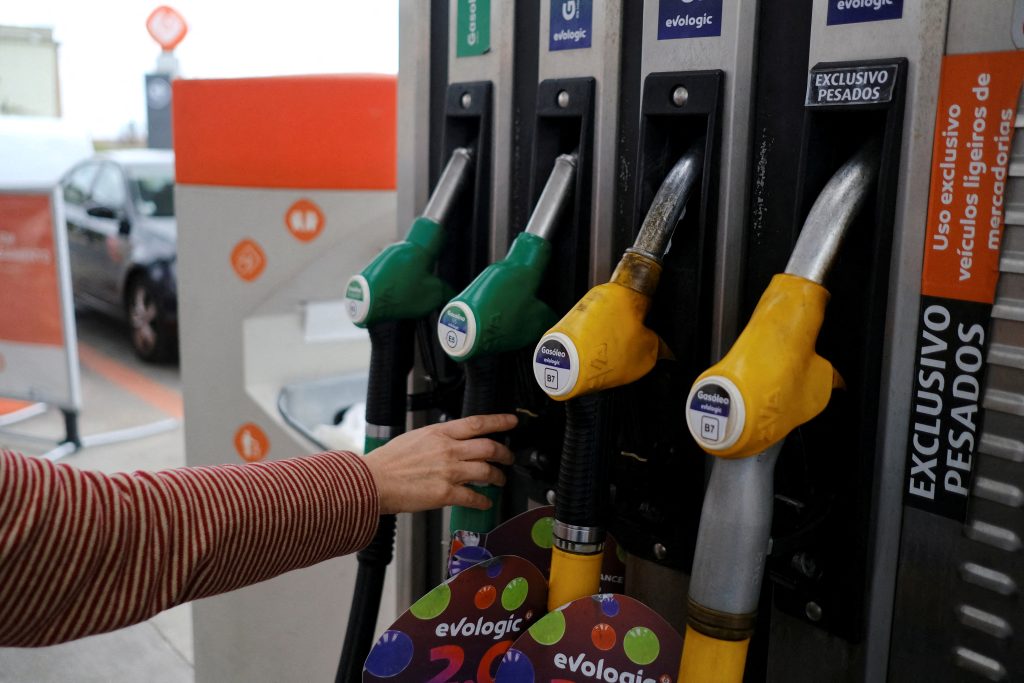
By Ncaba Ntshakala
The recent drop in fuel prices, announced by the Ministry of Natural Resources and Energy, is a happy moment for Eswatini’s consumers and its economy. For the second time in just a month, fuel costs have been slashed, with reductions ranging from 80 cents to E1.20 per litre for Unleaded Petrol, Diesel, and Illuminating Paraffin.
These cuts come against a backdrop of decreasing global oil prices and a stronger Lilangeni, sparking optimism among motorists and economists alike. However, while the reduction may seem like an early Christmas gift, questions remain about its sustainability and broader impact.
Economists view this development as both a blessing and a reflection of the precarious nature of global markets. An economist who spoke to this publication noted, “The reduction in fuel prices provides immediate relief to consumers, particularly in a high-inflation environment where transportation costs have been a significant burden.
However, it’s important to recognize that these price adjustments are driven by external factors, such as the fluctuating global oil prices and the currency’s appreciation, both of which are highly unpredictable.
Indeed, the statement by the Ministry highlighted how the appreciation of the Lilangeni against the US Dollar in September, combined with lower Brent crude oil prices, enabled the current price drop. Nevertheless, the ministry warned of volatility ahead, signalling that Eswatini’s fuel prices are subject to change depending on the dynamics of international markets.
Consumers have already begun to express a mix of gratitude and cautious optimism. Speaking on the streets of Manzini, Sipho Mabuza, a taxi driver who commutes daily between the city and the capital, welcomed the price reduction. “Fuel prices affect everything for us.
Every cent counts and this drop means we can keep more money for the businesses. But we’ve seen this before prices go down today and shoot up tomorrow. We’re happy now, but no one knows what will happen next month,” stated Mabuza.
RELATED:Petrol price rise warning after OPEC oil output cut
From a macroeconomic perspective, the reduction in fuel costs is expected to have a ripple effect across multiple sectors. Transport, logistics, and manufacturing industries stand to benefit from lower operational costs, which could in turn reduce the cost of goods and services, easing inflationary pressures.
The economist further explained, “Fuel is a critical input for many sectors, and any reduction in its price usually translates to broader economic gains. Lower fuel prices should lead to lower costs for public transport and goods delivery, potentially reducing the overall cost of living.

However, for this benefit to be sustainable, we need to see more stability in global oil markets, and unfortunately, that’s not something we can predict.”
On the other hand, some experts caution that the global oil market remains volatile and subject to geopolitical events, which could reverse the downward trend at any moment.
Analyst Roy Sibiya pointed to potential disruptions in oil supply chains due to geopolitical tensions in oil-producing regions and unpredictable decisions by OPEC (Organization of the Petroleum Exporting Countries).
“We are in a period of global uncertainty between geopolitical tensions, shifting oil demand patterns due to renewables, and OPEC’s policies, it’s very difficult to forecast where oil prices will go.
What is clear is that Eswatini must remain cautious and continue to promote fuel efficiency, as the Ministry wisely advised,” he noted.
Additionally, consumers themselves are being urged to adopt more energy-efficient practices. The Ministry of Natural Resources and Energy’s statement, while celebratory, included a call for continued prudence in fuel usage.
This is critical given the country’s reliance on imported fuel and the inherent vulnerability to external shocks. As Lindiwe Mbingo, the Principal Secretary, emphasized, “There is no guarantee of stability in the months to come.
” This highlights the dual challenge Eswatini faces which asserts that while lower prices today are beneficial, the country remains vulnerable to external market forces.
RELATED:Petrol hike projected for May
Furthermore, from a consumer perspective, the long-term benefits will depend on how the price reductions translate into savings in everyday life. Some are already feeling optimistic, like Fikile Dlamini, a small business owner in Ezulwini, who believes the fuel drop could provide much-needed relief after a challenging year.
“It has been tough, fuel prices have been high, and that affects everything, from transporting goods to getting my workers to the shop. I hope this price reduction sticks because we need it to survive,” said Fikile.
In addition, the Ministry’s call for fuel efficiency remains crucial. As fuel prices stabilize at lower levels, consumers and businesses alike have an opportunity to rethink their consumption patterns.
According to the economist, investing in fuel-efficient technologies and alternative energy sources should become a long-term priority for Eswatini. The economist suggests that the government should seize this opportunity to push for policies that encourage energy diversification.
“While we enjoy the benefits of lower fuel prices, now is the time to consider how we can reduce our dependence on imported fuel. Investments in renewable energy, such as solar and wind, could be a game-changer for Eswatini’s future energy security,” he further said.






